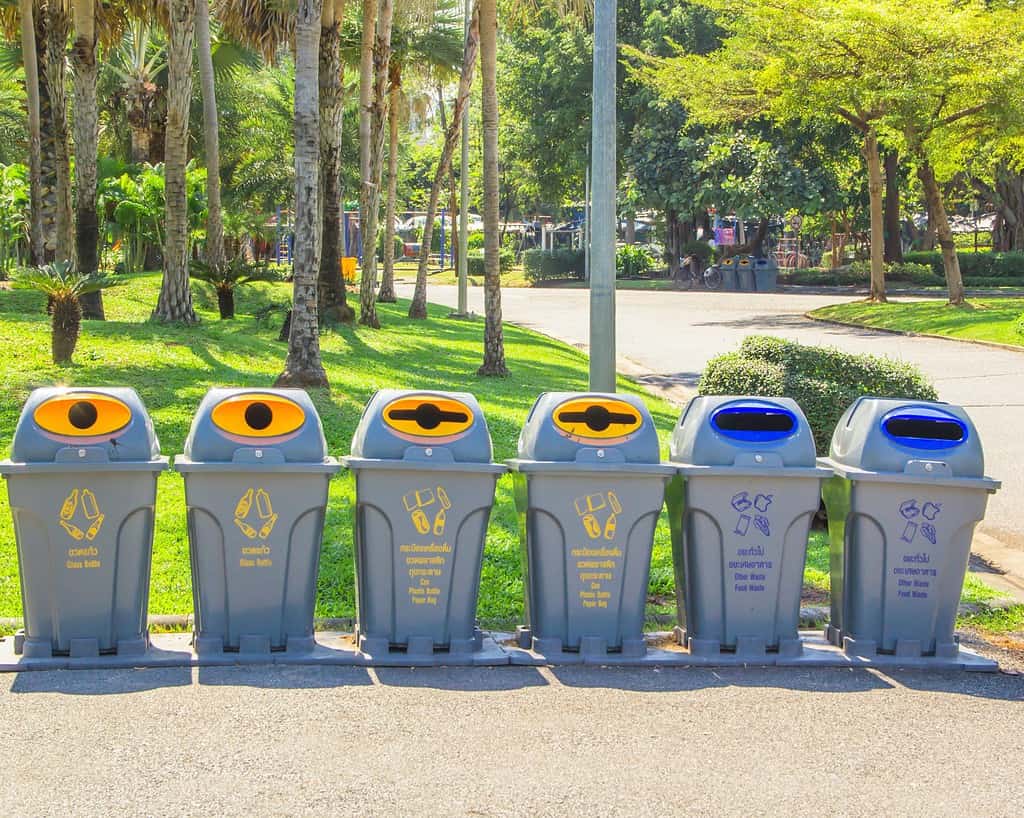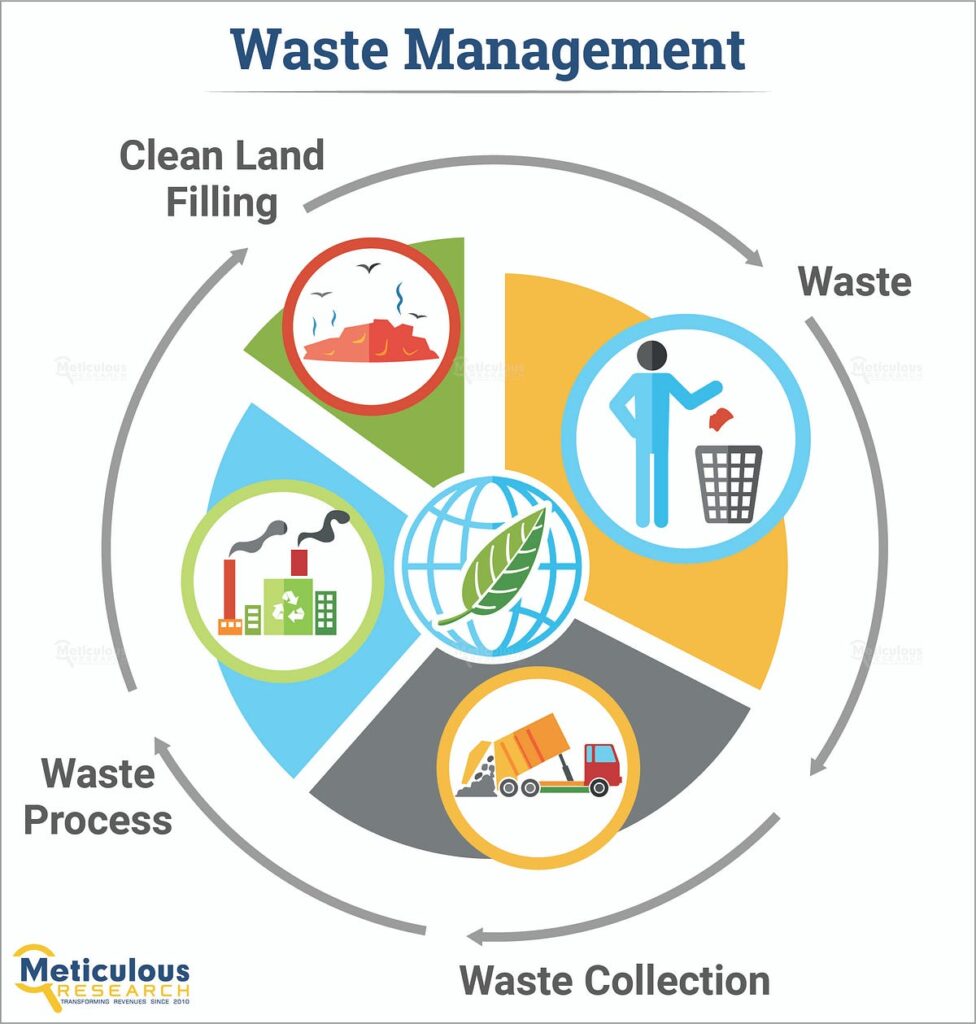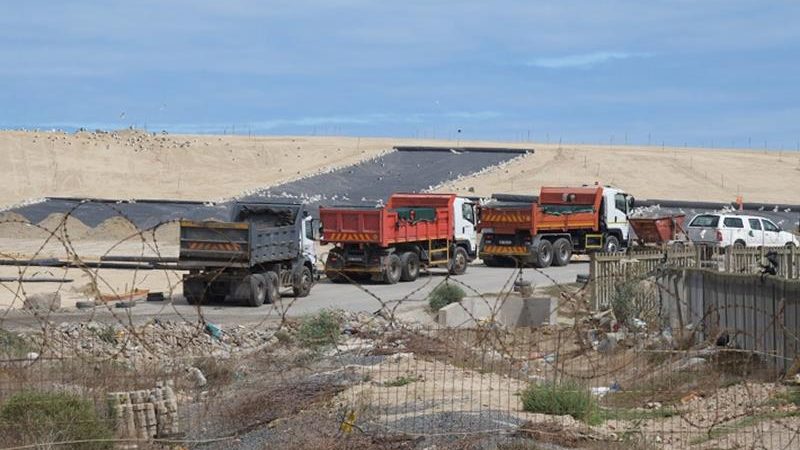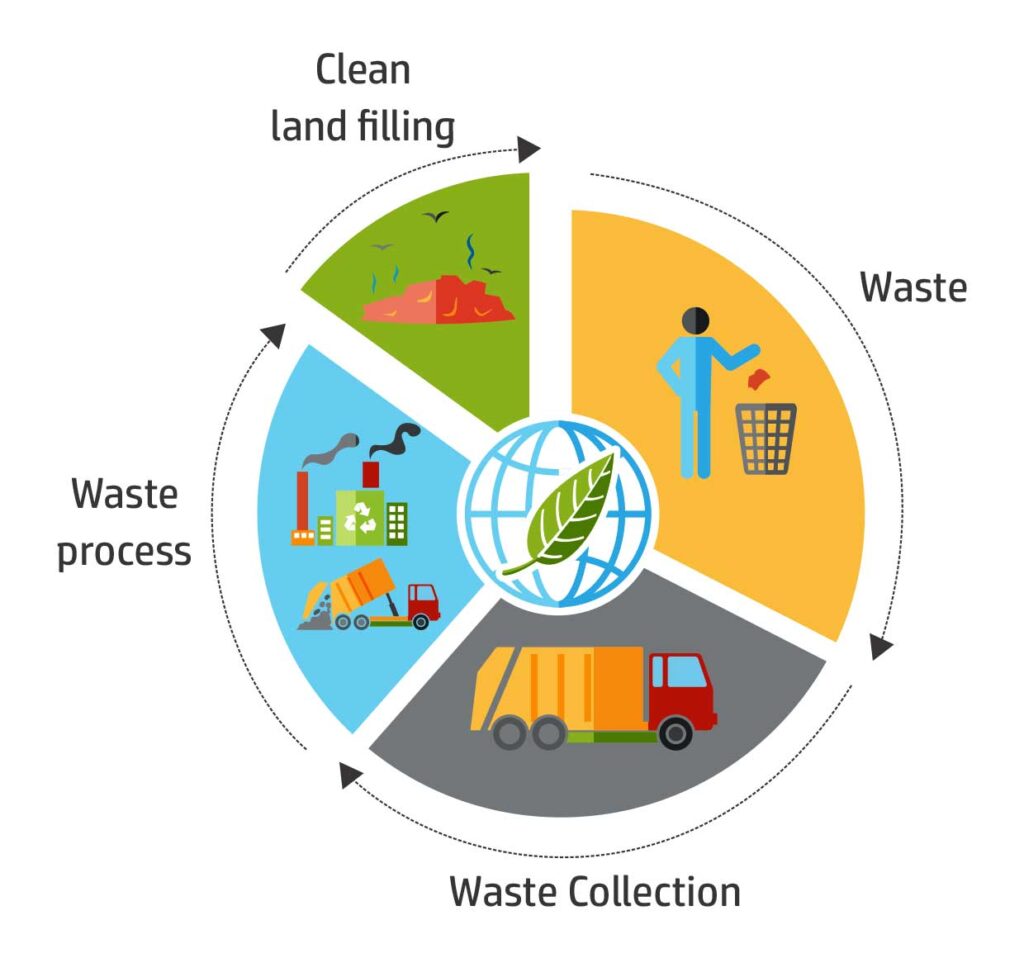City Waste Management Project (Pilot land Refill – Ongoing)

🏫 1. School-Led Waste Innovation
A 2024 study among 14 secondary schools in Busoga found that teachers are leading the charge in making waste management part of education—emphasizing composting, recycling, reuse, and turning organic waste into manure.
They’re trained to upcycle materials into charcoal briquettes, bricks, doormats, and crafts—showing how practical skills can promote sustainability from a young age.
🌍 2. Regional Policy Direction on Plastic & Wetland Waste
The Busoga Consortium’s Environmental Sustainability Pillar (Policy Shift) outlines waste priorities:
- Combat plastic pollution through reduce–reuse–recycle campaigns via schools, clan, and religious institutions
- Stop encroachment in wetlands and protect water bodies by enforcing waste controls.
This signals growing local commitment to curb pollution across urban and rural communities.

🚛 3. Urban Sanitation & Faecal Sludge Management
Kamuli Municipality has benefited from two AfDB-supported cesspool-emptying trucks to manage sewage properly.
These trucks (8,000 L capacity)—paired with dry sludge treatment—help limit wetland pollution and even convert sludge into dried manure for sale, creating a sanitation-income synergy.

🛑 4. Persistent Urban Waste Challenges
Rapid urbanization in Jinja and Bugembe has led to worsening sanitation issues:
- In Bugembe, delayed payments to collectors led to garbage piling up in streets, drainage, and public spaces.
- In Jinja, lack of designated collection points, small collection trucks, and rampant dumping have caused market and street contamination, blocked drainage, and hazards like cholera .
Local councils rely on weekly awareness drives via VHTs, posters, and occasional cleanups, but struggle with enforcement and resource constraints.

🔧 5. Strategic Gaps & Opportunity Areas
| Challenge | Opportunity |
|---|---|
| Under-resourced urban sanitation (few trucks, limited collection routes) | Expand local fleet, zone-based collection, PPP to boost coverage |
| Low community engagement & payment compliance | Enhanced accountability, clear tariffs, billing systems |
| Lack of waste segregation & recycling infrastructure | Support school-led recycling, develop composting/charter briquette value chains |
| Wetland misuse & plastic pollution | Enforce wetland protection laws, run public 3R education campaigns |

✅ Summary
Busoga’s waste management landscape is evolving:
- Education: Schools are actively teaching and using waste recyclables.
- Policy: Regional strategies on plastics and wetlands are being formulated.
- Infrastructure: Kamuli’s faecal sludge service shows promise.
- Challenges: Urban centers struggle with collection efficiency, funding, community behavior, and disposal systems.
To move forward, integrated efforts are needed—bolstering infrastructure, enforcing regulations (especially on wetlands), expanding recycling enterprises, and reinforcing community participation.